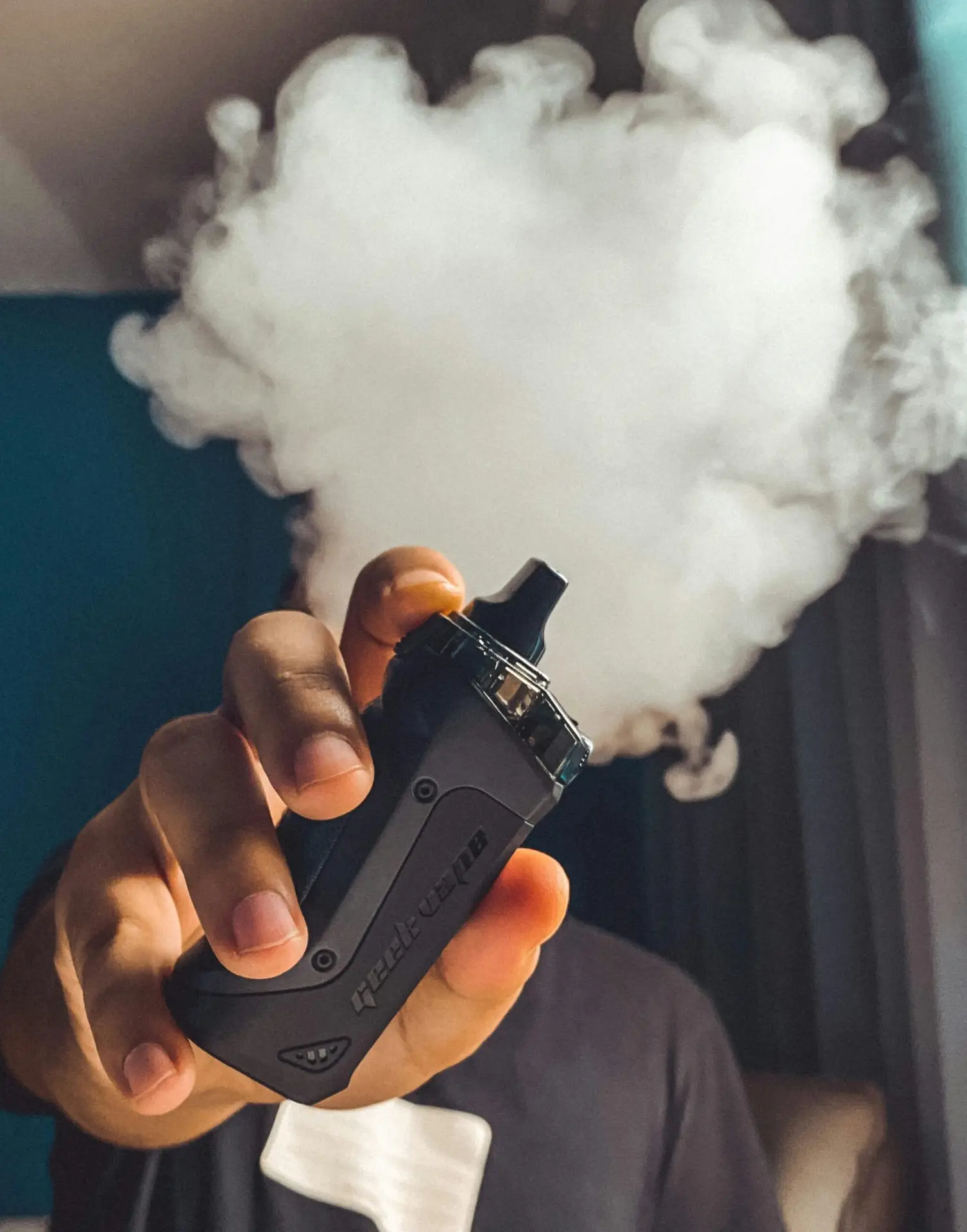Vaping has rapidly become a trendy alternative to traditional smoking, often perceived as a safer choice by many, including expecting mothers. However, when it comes to pregnancy, the stakes are high, and the need for informed choices becomes paramount. This blog post aims to illuminate the facts, dispel myths, and provide valuable insights into the complex relationship between vaping and pregnancy. Expecting mothers and parenting communities will find guidance on health risks, cessation strategies, and supportive resources.
What is Vaping?
Vaping refers to the act of inhaling vaporized liquid from an electronic cigarette or similar device. These devices heat a liquid solution, often containing nicotine, flavorings, and other chemicals, to produce an aerosol. While marketed as a less harmful option than smoking, vaping still introduces foreign substances into the body.
Understanding the mechanics of vaping is crucial. Although the absence of tar and combustion makes it seem less damaging, the nicotine and other chemicals can still pose significant health risks, especially during pregnancy. This context sets the stage for assessing its implications for expectant mothers.
Recent years have witnessed a surge in vaping’s popularity, driven by its portrayal as a modern, less harmful alternative to smoking. Despite this, it’s essential for pregnant women to critically evaluate the potential risks and make informed decisions about their health and the well-being of their unborn child.
Prevalence of Vaping Among Pregnant Women
Despite growing awareness of health implications, vaping among pregnant women remains a concern. According to data from the Centers for Disease Control and Prevention (CDC), over 4% of pregnant women in the United States report using e-cigarettes. This statistic highlights a significant prevalence that cannot be ignored.
The appeal of vaping during pregnancy often stems from the perception of reduced harm compared to smoking. However, this belief can be misleading, as the potential risks associated with vaping are still being researched and understood. Pregnant women must recognize the importance of seeking accurate information.
Peer influence and social media can play a role in normalizing vaping during pregnancy. Expecting mothers may face pressure to conform to trends without fully understanding the consequences. It is vital to prioritize evidence-based information over trends and explore healthier alternatives.

Impact of Vaping on Pregnancy
The impact of vaping during pregnancy is multifaceted, affecting both the mother and the developing fetus. Nicotine, a key component in many e-liquids, can lead to complications such as preterm birth. A study published in JAMA Pediatrics revealed a 30% increased risk of preterm birth among mothers who vaped during pregnancy.
Nicotine exposure is known to impair fetal development, particularly the brain. Dr. Michelle Owens, an obstetrician, emphasizes that “vaping during pregnancy can have significant health concerns for both the mother and the baby, including impaired fetal brain development.” This underscores the need for caution.
The long-term effects of vaping on pregnancy outcomes are still under investigation. Professor Alex Bobak, a public health specialist, notes, “The nicotine and other harmful chemicals in e-cigarettes can pose serious risks.” Pregnant women should weigh these potential risks when considering vaping.
Health Risks for the Baby
The potential health risks associated with vaping during pregnancy extend to the unborn child. Research from the American Journal of Preventive Medicine suggests that vaping doubles the risk of low birth weight in newborns, a factor linked to various health complications.
The National Birth Defects Prevention Study found a correlation between vaping during the first trimester and an increased likelihood of babies being born with oral clefts. This highlights the importance of considering the timing and duration of exposure to vaping.
Dr. Patrick Reynolds, a pediatrician, warns, “Infants exposed to vaping in utero are at higher risk for respiratory problems and developmental delays.” These risks emphasize the significance of making informed choices for the sake of the child’s lifelong health and well-being.
Vaping Cessation Strategies for Expecting Mothers
Quitting vaping during pregnancy can be challenging, but it is crucial for the health of both the mother and the baby. Expecting mothers can explore various strategies to help them quit and make healthier choices for their pregnancy.
Behavioral therapy and counseling can provide valuable support to mothers striving to quit vaping. By addressing the psychological aspects of addiction, these approaches help individuals develop healthier coping mechanisms and reduce dependence on e-cigarettes.
Nicotine replacement therapies, such as patches or gum, may offer a safer alternative to vaping during pregnancy. Consulting with healthcare professionals can ensure that expecting mothers receive personalized guidance on transitioning away from e-cigarettes.
Support Systems and Resources
Expecting mothers who are struggling with vaping can benefit from a network of support systems and resources designed to assist them on their cessation journey. Support groups, both online and in-person, provide a sense of community and shared experiences.
Jennifer Smith, a midwife, emphasizes, “We encourage expecting mothers to seek support if struggling with vaping. Quitting is challenging, but it is possible and crucial for a healthy pregnancy.” Support groups offer a safe space for discussing challenges and celebrating successes.
Healthcare professionals, such as obstetricians and midwives, play a vital role in guiding expecting mothers through the cessation process. These experts can provide personalized advice, monitor progress, and ensure that mothers receive the care they need for a successful pregnancy.
Conclusion and Final Thoughts
In conclusion, the decision to vape during pregnancy carries significant implications for both the mother and the unborn child. Understanding the potential risks, seeking reliable information, and accessing support systems are essential steps in making informed decisions.
Expecting mothers should prioritize their health and the well-being of their baby by considering the long-term impact of their choices. By exploring cessation strategies and seeking support, mothers can take proactive steps toward a healthier pregnancy.
If you or someone you know is struggling with vaping during pregnancy, share this post to spread awareness. Join our community to learn and share support on healthy pregnancy choices and parenting tips. Subscribe for more informative content on pregnancy health and child-rearing to stay informed and connected. Together, we can empower expecting mothers to make the best choices for themselves and their children.



